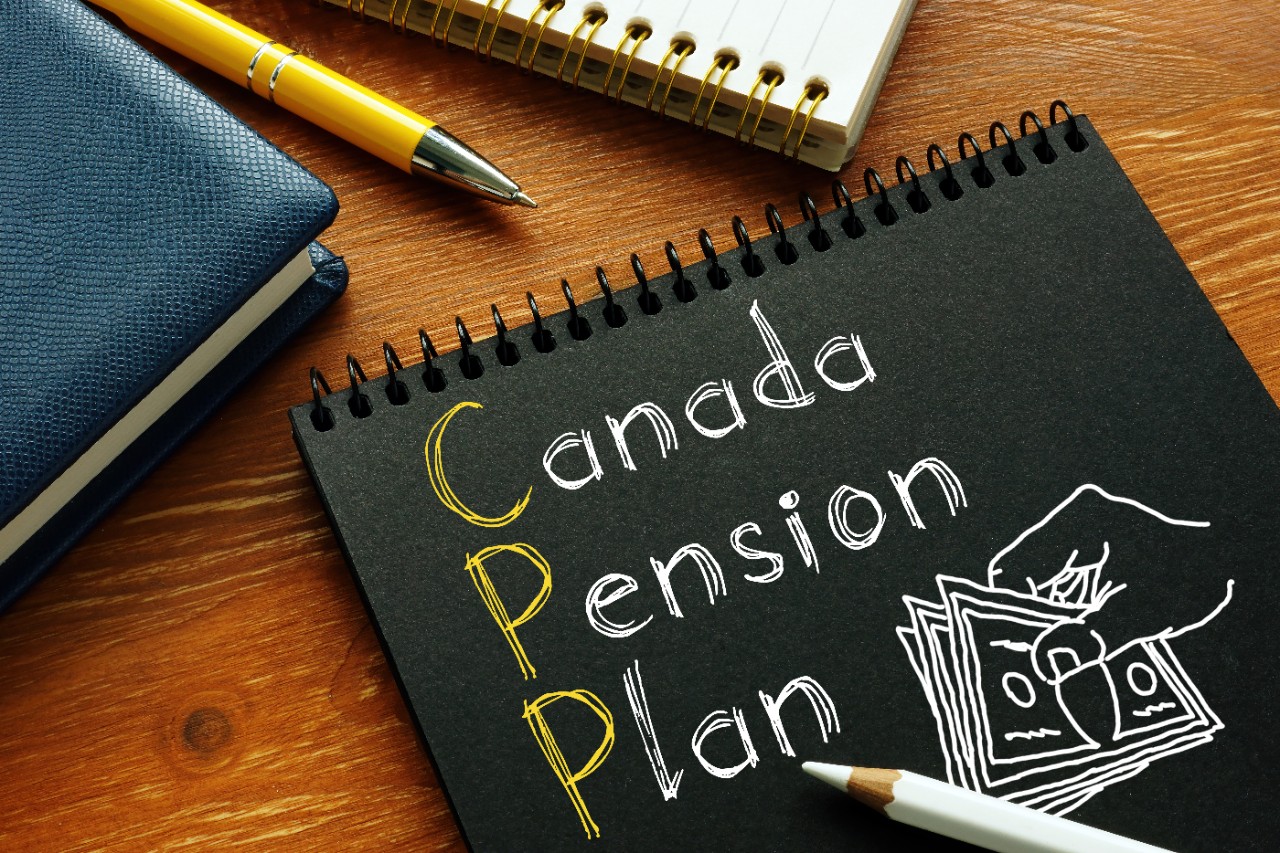To CPP or Not CPP - That is the Question
April 5, 2024 by David Christianson

So, when should I take my CPP?
I'm glad you asked! Should people take their CPP as early as 60, wait till the "normal age" of 65 or defer until age 70. Or somewhere in between…
The same question is often asked about OAS, so we will explore that too.
As so often with financial planning questions, the answer is "it depends". For example, I advised my wife to take her CPP at 60 and OAS at 65, while I am deferring both of mine until 70.
The longer you wait (up to age 70), the more you will receive each month, for life. If you live past the “breakeven point” of about age 78-83, then you will receive more total benefits by waiting. But if you need (or want) the extra income now, or you are thoroughly in the “Bird in the hand” camp, you might consider early onset.
Life expectancy at 65 is 20.8 years for women and 16.7 years for men. We tend to underestimate how long we will live.
A good decision on when to commence benefits is based on factors like other income sources, tax bracket now versus later, your health and life expectancy and, in the case of CPP, whether or not you are still contributing.
The Canada Pension Plan and the Old Age Security scheme are two quite different programs, but both contribute to the financial security of Canadian seniors.
CPP is a national pension plan funded by mandatory contributions from employed and self-employed Canadians, enhanced by investment returns on the accumulated portfolio of CPP investments.
Your CPP entitlement is a valuable asset. Contributions are an investment, not a tax. The plan is solvent and will continue to be.
OAS is a government benefit program available at age 65, paid from general government revenues. It is based on the number of years resident in Canada, and not linked to any contributions, taxes paid or employment status.
Both plans work as a very effective hedge against longevity. That’s a jargon way of saying they protect against the risk of living too long, as payments continue for life, and go up each year that there is inflation.
The timing question is interesting because the benefits increase each year you delay. With OAS, the earliest age is 65 (currently about $713 per month), but the benefits increase by 0.6% for each month of deferral. This is 7.2% per year or 36% (plus inflation increases) from 65 to 70.
A further complication with OAS is that high income earners will have their benefits clawed back, by 15 cents for every dollar of net income (not including OAS) above $90,997 in 2024. At net income of $148,065 ($153,771 for those 75 and over), all benefits have been withheld.
Obviously, if your income is $150,000 per year now and will drop to $80,000 at age 70, you would choose to defer and get the higher benefit in the future. On the other hand, if you are 65 and needing or wanting income now, early receipt is likely preferable.
CPP benefits can start at 60 but are reduced by 0.6% per month (7.2% annually) when taken before 65. Benefits are increased by 0.7% per month (8.4% annually) between 65 and 70.
With CPP, a complication is whether you are still contributing (through employment or self-employment) and, more specifically, how long ago you stopped if not contributing. If you have more than eight years of low or no contributions since age 18, you will not qualify for the maximum benefit, and will continue to move further from the maximum benefit for each year of no contributions.
My best advice? Get advice and discuss all the myriad factors thoroughly with a qualified advisor, not just a brother-in-law.
* * *
Dollars and Sense is meant as an introduction to this topic and should not in any way be construed as a replacement for personalized professional advice.
Please consult legal, tax, insurance and investment experts for advice on your unique situation.
David Christianson, BA, CFP, R.F.P., TEP, CIM is a Senior Wealth Advisor and Portfolio Manager with Christianson Wealth Advisors at National Bank Financial Wealth Management, and author of the book Managing the Bull, A No-Nonsense Guide to Personal Finance.

